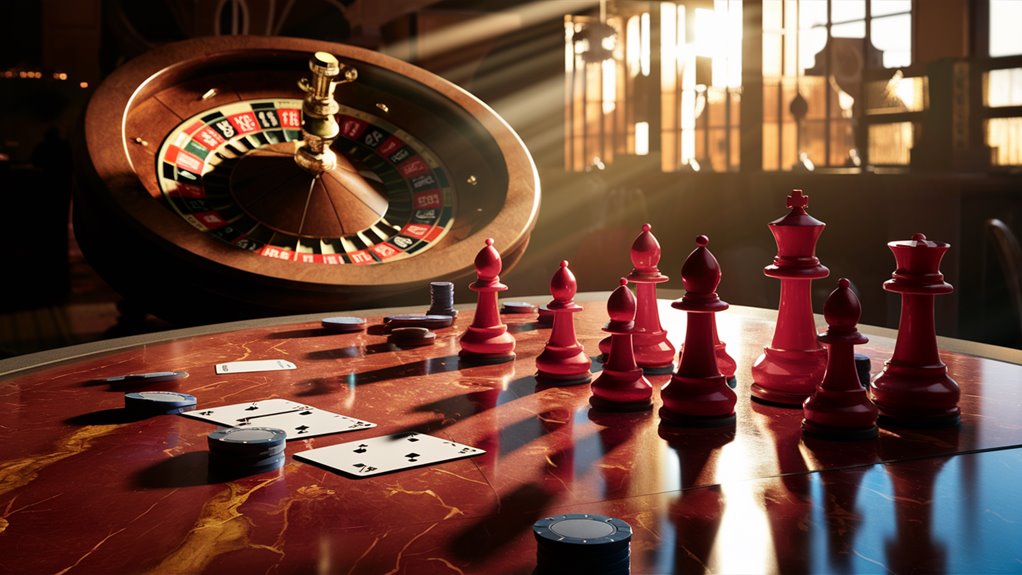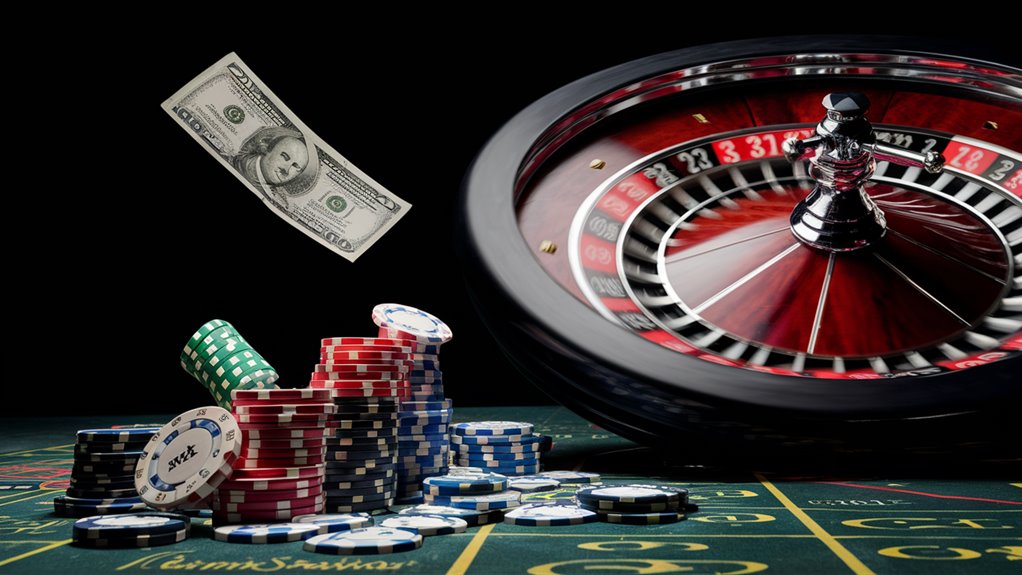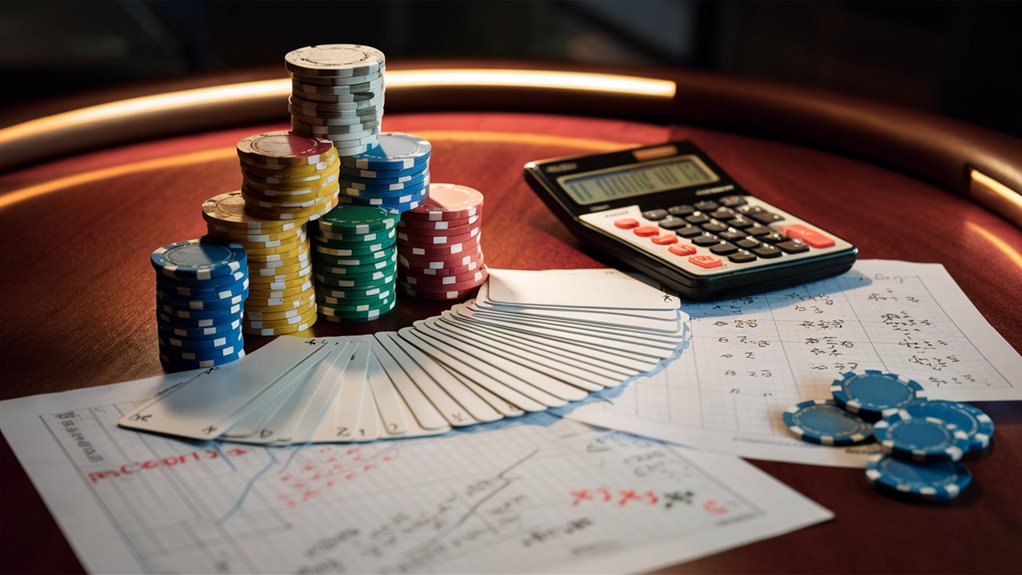Stay Away from Roulette: Simple Tips and Tricks

The bright draw of roulette tables in places where you play games for money, and how they look on TV or in movies, often hide a real fact about math. Even though it looks like you could win big with all the chips stacking up and the wheel spinning, roulette is really one of the worst games in casinos for players. To see why, you need to look past the fun and check the real numbers that make this old game a big risk for your money. 먹튀검증
The Math Truth of Roulette
The easy look of playing roulette hides a hard set of chances that does not help the player. Each turn of the wheel has a math downside that is bad for players, no matter the plan or play style. The zero (and double zero in the US version) puts the odds in a place that’s hard to beat, turning what looks like fair bets into losses over time.
Breaking Down House Edge
- European Roulette: 2.7% house edge
- American Roulette: 5.26% house edge
- Flat bets: Still hurt by zero/double zero
- Single bets: 35:1 payout but real odds are 37:1
These facts show why smart gamblers and math pros often tell people not to play roulette if they are serious about winning. The setup means no plan, no matter how smart, can beat the edge the house has on each turn.
Understanding House Edge
What Makes the House Edge in Roulette
The Math Bonus Explained
The house edge is the math bonus that places where you play games keep over players on every spin in roulette. In American roulette, which has 38 numbers with 0 and 00, players face a big 5.26% house edge. This means a likely loss of $5.26 for every $100 used over time. European roulette has slightly better chances with just one zero, dropping the house edge to 2.7%.
Real Odds and What You Get Paid
Casino payouts are set to create a math downside for players. When betting on a single number:
- True odds on European wheel: 37 to 1
- True odds on American wheel: 38 to 1
- What you get paid: 35 to 1
This gap between true odds and what you get paid builds the house bonus that no play plan can beat.
Long Play and How It Affects Players

The casino’s math edge shows itself more the longer you play. Though each spin stands on its own, how the chances are set means long play works against the player. What happens in roulette is all by chance, with no skill in figuring out results. This core part of chance math makes roulette pure luck, always tilted to help the house. Knowing these clear numbers is key for making good choices about playing roulette and gambling in a smart way. Drink Menu Can Create a Winning Atmosphere
Myths About Betting Plans
Myths About Betting Plans: Real Talk on Casino Ways
The Martingale Idea
The Martingale plan is a well-known but tricky strategy. Players double their bets after each loss, thinking they’ll get back their losses. However, this idea misses two big limits: max bets at tables and limits on your money. Even with a lot of money, making bigger and bigger bets is just not possible to keep up.
Common Plans That Don’t Work
The D’Alembert plan says to add one unit to bets after losses and take one away after wins. This comes from the gambler’s mistake – the wrong thought that past results change future ones. Also, the Fibonacci plan, based on the famous math series, offers no edge over the house.
Number Luck vs. Betting Myths
Random numbers show why betting plans don’t work. Each spin is its own event, not changed by what happened before. Talks about hot numbers or bad runs have no base in math. The steady house edge stays the same:


